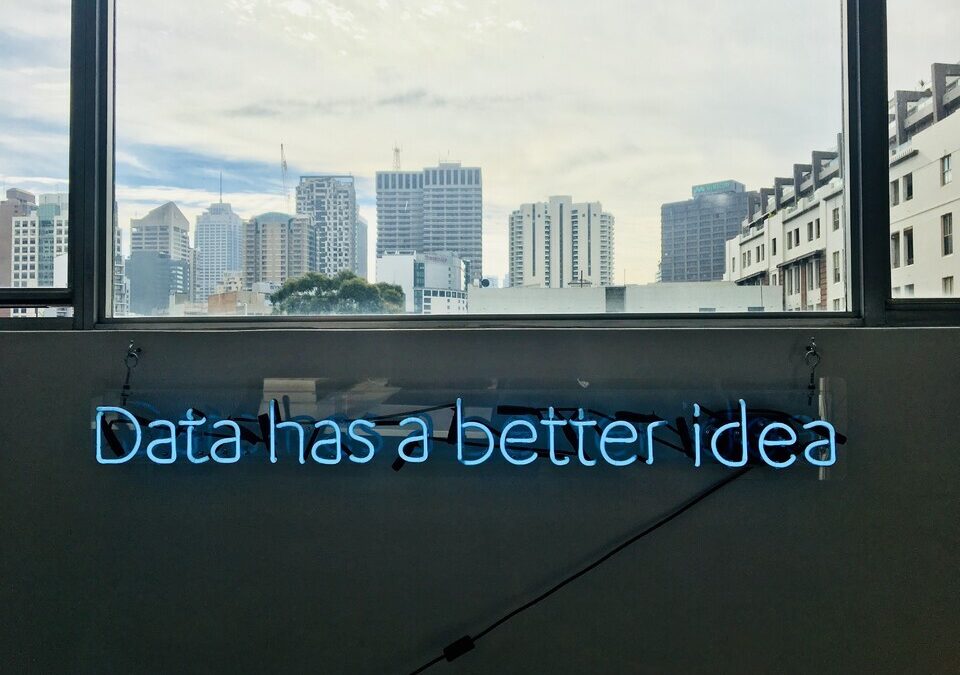As COP26 ends, hints of big issues with emissions and other climate change data needed to measure targets and goals are starting to emerge. A recent Washington Post article about climate change data made a strong, concerning statement – “Across the world, many countries underreport their greenhouse gas emissions in their reports to the United Nations… The plan to save the world from the worst of climate change is built on data. But the data the world is relying on is inaccurate.” Who could disagree with Rob Jackson, a Stanford University Professor quoted in this article who said “If we don’t know the state of emissions today, we don’t know whether we’re cutting emissions meaningfully and substantially.”?
Though the “data” issue may seem to be hitting the mainstream spotlight just now, many including MIT Sloan’s “Aggregate Confusion Project”, were raising alarms and tackling the complex sustainability data issue years ago. Focused on divergent ESG ratings, the MIT project has found 64 measurable attributes and is working to create reliability in this set of sustainability and climate change measures – a big challenge to be sure. (ESG data – environmental, social, governance – are the most well-known sustainability indicators in use, initially published in 2004 by the UN’s Global Compact intended to help investors put money toward more ethical companies.)
Creating a foundation of comparable, accurate data is just the first step. MIT’s Aggregate Confusion Project points out that “there’s debate about what strategies actually drive climate-friendly results. Should investors divest from carbon-intensive companies, prioritize carbon-efficient companies, or use shareholder power to force companies to change?”. From the definition of sustainability itself in the UN’s 17 Sustainable Development Goals (introduced in 2016) with 169 Indicators (metrics and how to measure them) to the thousands of mandatory and voluntary frameworks already in place the climate change field is filling up with policies, standards, frameworks and working groups serving a diverse group of interests (nations, industries, policy bodies, commercial and non-profit organizations, functional, entrepreneurs, data collectors, aggregators and technology vendors and solutions).
So where are the data organizations and people who will help measure COP26 and define accountability near and long term and push the policy decisions to clear measures that signal serious commitment? Though pavilions like SDG7 hosted data-rich discussions and innovations from organizations like data.org, few wizards of data had major roles on the COP26 main stage. To the layperson not directly involved with sustainable initiatives, the field is full, but the decision-making table is sparse with technology driven approaches.
Three hypotheses to accelerate COP26 pledges
- The superpower of data will supercharge (or stall) progress to COP26.
- Climate change data and sustainability metrics are not a zero-sum game – our planet’s progress toward sustainability goals will be met at the rate of consensus around common data.
- If your organization is creating private sustainability metrics, call a few friends, nations, or competitors, share your metrics, improve them, productize them and create some consensus around data.

